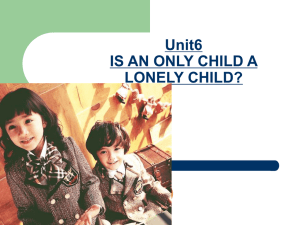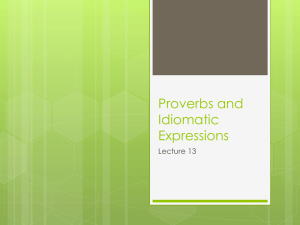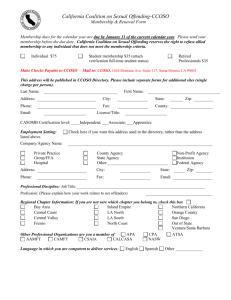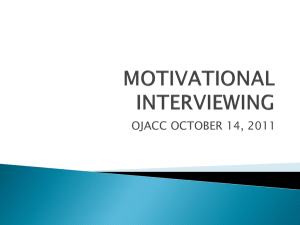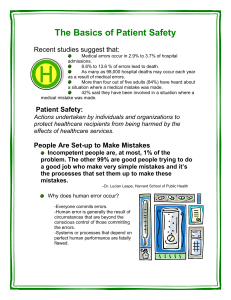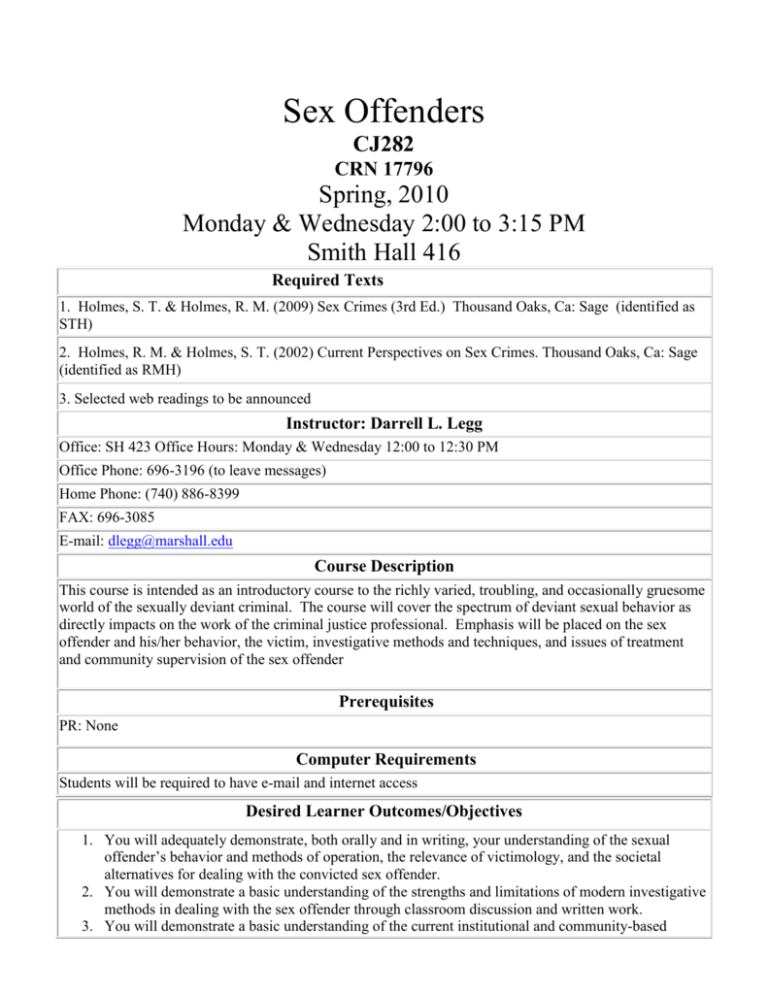
Sex Offenders
CJ282
CRN 17796
Spring, 2010
Monday & Wednesday 2:00 to 3:15 PM
Smith Hall 416
Required Texts
1. Holmes, S. T. & Holmes, R. M. (2009) Sex Crimes (3rd Ed.) Thousand Oaks, Ca: Sage (identified as
STH)
2. Holmes, R. M. & Holmes, S. T. (2002) Current Perspectives on Sex Crimes. Thousand Oaks, Ca: Sage
(identified as RMH)
3. Selected web readings to be announced
Instructor: Darrell L. Legg
Office: SH 423 Office Hours: Monday & Wednesday 12:00 to 12:30 PM
Office Phone: 696-3196 (to leave messages)
Home Phone: (740) 886-8399
FAX: 696-3085
E-mail: dlegg@marshall.edu
Course Description
This course is intended as an introductory course to the richly varied, troubling, and occasionally gruesome
world of the sexually deviant criminal. The course will cover the spectrum of deviant sexual behavior as
directly impacts on the work of the criminal justice professional. Emphasis will be placed on the sex
offender and his/her behavior, the victim, investigative methods and techniques, and issues of treatment
and community supervision of the sex offender
Prerequisites
PR: None
Computer Requirements
Students will be required to have e-mail and internet access
Desired Learner Outcomes/Objectives
1. You will adequately demonstrate, both orally and in writing, your understanding of the sexual
offender’s behavior and methods of operation, the relevance of victimology, and the societal
alternatives for dealing with the convicted sex offender.
2. You will demonstrate a basic understanding of the strengths and limitations of modern investigative
methods in dealing with the sex offender through classroom discussion and written work.
3. You will demonstrate a basic understanding of the current institutional and community-based
correctional dilemmas the sex offender confronts our society with through classroom discussion and
written work.
Evaluation of Learner Objectives
Evaluation of this objective will be through classroom observation, written assignments, and testing. All
tests will be comprised of multiple choice, matching, fill in the blank, and short essay questions designed to
stimulate thought, assess learning, and contribute to the intellectual growth of the student. Additionally,
student participation will be an important component of the student's overall grade.
Assignments
Throughout the semester, students will compile a reading list of news articles concerning different types of
sex offenses and manners of dealing with sex offenders. Each week, the student will print one article & be
prepared to discuss their article in class. Groups will be assigned & each group will discuss their articles as
scheduled below.
Choose one research topic from the list below. (If you wish to research a topic not on the list, you must receive
permission from the instructor prior to proceeding.)
Your report will be 6-10 pages in length, typewritten and double-spaced. It must be adequately referenced. You
must use a minimum of three references, one of which must be a book and the other two must be journal articles.
Your report must include the following sections:
1. Introduction/Statement of the Problem
2. History
3. Prevalence/Incidence Statistics
4. Current Status
5. Theoretical Discussion
6. Future Trends
7. Conclusion
Your paper is to be on one of the following topics
Sex Offender Treatment: What is its effect? How successful is it?
Megan's Law: What is its effect? Community protection or a false sense of security?
Sexually Violent Predator (SVP) Laws: What is its effect? Is this the only alternative?
Prostitution: Should it be legalized? What is the nature of the problem?
Child Sexual Abuse: What is it’s relationship to delinquency and adult criminality?
Chemical Castration Laws: What is its effect? Is it a deterrent?
Pornography: How extensive is it? How damaging is it? Should it be protected under the First Amendment?
Jessica’s Law: What potential effects does it have on the community, the criminal justice system, and the sex
offender? Is it an effective tool in deterring sexual abuse?
Adam Walsh Child Protection and Safety Act: What potential effects does it have on the community, the
criminal justice system, and the sex offender? Is it an effective tool in deterring sexual abuse?
Course Schedule (Subject to change as deemed necessary)
Date
Jan 11 & 13
Jan 20
Jan 25 & 27
Feb 1 & 3
Reading Material
STH – 1; RMH –
Ch. 1
STH – 2
STH – 3
STH – 4; RMH –
Subject
Introduction – Sex in the 21st Century; Sex Behaviors & Crimes in the
United States;
Theories of Sexual Deviance
Sex & History (group 1 & 2)
Nuisance Sex Behaviors; The Transformative Power of Sex Work; Entry,
Ch. 3, & 4
Feb 8 & 10
Feb 15 & 17
Feb 22 & 24
Mar 1
Maintenance, and Departure From a Career in the Sex Industry; (group 3
& 4)
STH –5; RHM – Incest; Prostitution, the Sex Industry, and Sex Tourism; Lookin’ for Love
Ch. 5 & 7
in all the Wrong Places (group 5 & 6)
STH – 6; RMH – Pedophilia; Swinging: A Functional Alternative to Prostitution (group 3
Ch. 2
& 4)
STH – 7; RMH – Child Pornography; Voyeurism: A Criminal Precursor and Diagnostic
Ch. 6
Indicator to a Much Larger Sexual Predatory Problem in our Community
Review (group 5 & 6)
Mid-Term Examination
STH – 8; RMH –
Ch 15
Mar 8 & 10 STH – 9; RMH –
Ch. 17
Mar 15 & 17 STH – 10; RMH
– Ch. 14
March 20 –
28
Mar 29 & 31 STH – 11; RMH
- Ch. 20, 21, &
22
Mar 3
Adult Pornography; Fractured Identity Syndrome: A New Theory of
Serial Murder
Dangerous Sex Crimes; Profiles of Psychopathy in Incarcerated Sexual
Offenders (group 1 & 2)
Rape; Misuse of the Internet by Pedophiles: Implications for Law
Enforcement & Probation Practice (group 5 & 6)
Spring Break
Victims of Sexual Abuse; Assisting Rape Victims as They Recover
From Rape: The Impact on Friends; Services for Sexual Assault
Survivors: The Role of Rape Crisis Centers; The Sexual Victimization of
College Women (group 3 & 4)
Treatment of Sex Offenders; Where Should We Intervene?
No Class - Assessment Day
Apr 5
April 7
STH 12
Apr 12 & 14
RMH - Ch. 24 & Strange Bedfellows: Is Sex Offender Notification a Form of Community
25
Justice?; Criminal Profiling: Real Science or Just Wishful Thinking
(group 1 & 2)
RMH – Ch. 9 & Inmate Sexual Assault: The Plague that Persists; Sexual Assault &
10
Coercion Among Incarcerated Women Prisoners: Excerpts From Prison
Letters
RMH – Ch. 23; Sex Offender Assessment & Risk Management
Web Reading
Dynamic Predictors of Sexual Offense Recidivism
Web Reading;
Sex Offender Supervision in the Community; Criminal Behavioral
RMH Ch. 16
Assessment of Arsonists, Pyromaniacs, and Multiple Firesetters: The
Burning Question
Final Examination
Apr 19 & 21
Apr 26 & 28
TBA
TBA
*Class presentations may vary from the schedule due to student interest or comprehension.
Grading Policy
Grading Criteria
Test 1: February 21
Points
250
Grading Scale
A = 900-1000
Test 2: May 8
Participation:
Paper
In-Class Assignments
News clip collection &
discussions
250
100
200
100
100
B = 800-899
C = 700-799
D = 600 -699
F = 599 or less
Class Schedule Notes
Classroom work will consist of traditional lecture, group activities, and sharing of information between
students and instructor.
Attendance Policy (Philosophy)
1. Attendance is MANDATORY in this class. A student should recognize that one of the most important
aspects of a college education is classroom attendance & participation. The value of this part of the
academic experience cannot be fully measured by the testing process.
2. Absences such as those resulting from illness, death in the family, or institutional activities (Those
approved by the academic deans, such as debates, artistic performances, class trips, and athletics) are to be
excused when a student reports such and is subsequently verified by the instructor. For such absences, the
student should not be penalized (MU Undergraduate catalog).
3. When students attend classes they are in a position to make significant contributions to their learning
experiences and the learning experiences of others by asking pertinent questions, making pertinent
observations, and sharing information. When students cut classes, they not only keep themselves from
learning, but they keep other from learning all they possibly could. Students should participate, just not
occupy a chair.
4. Students will be held accountable for all requirements and information covered in all classes. If it
becomes necessary to give quizzes to spur attendance, the points gained on these quizzes will count toward
test scores.
5. Any materials due are due on the day stated. If assignments or papers are late or not turned in, in class
on the date stated, the paper or assignment will only be accepted with a minimum of a letter grade
deduction for lateness.
6. All exams will be taken on the dates assigned. If an exam is missed, then this will result in a 0 (zero)
being given for the exam. However, exams may be rescheduled by the instructor if he is given prior notice,
or excuse as specified in the catalog and in the above tenets.


